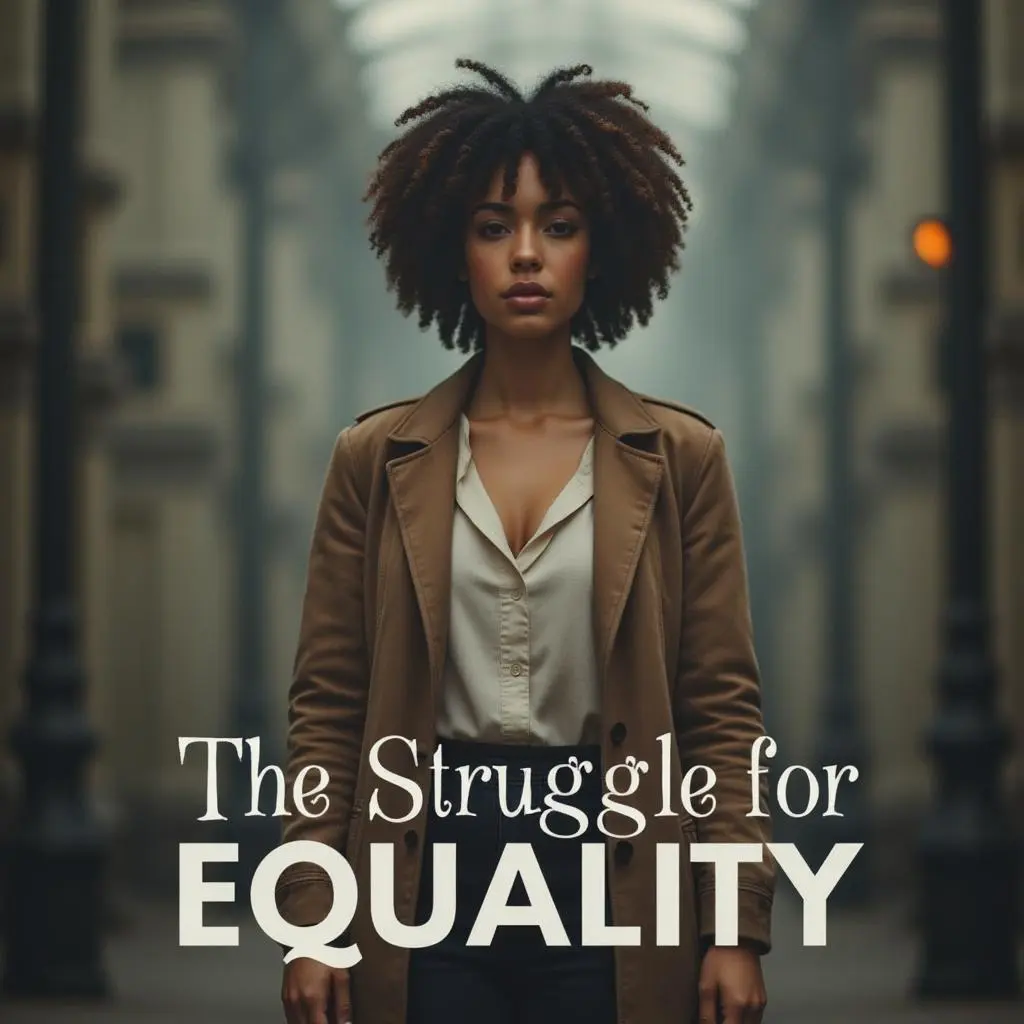Why Are Women Still Fighting for Basic Rights?

Despite decades of progress, women worldwide are still fighting for the basic rights many take for granted. Gender inequality persists in areas such as education, healthcare, employment, and political representation. Structural and cultural barriers often limit women's access to opportunities and perpetuate cycles of discrimination and marginalization.
The fight for basic rights stems from deeply ingrained societal norms and historical biases that continue to influence modern policies and practices. In some regions, women are denied education or face restrictions on their freedom of movement. In the workplace, the gender pay gap and underrepresentation in leadership positions highlight the ongoing struggle for equality.
Addressing these issues requires systemic change. Governments must prioritize gender-inclusive policies that ensure equal access to education, healthcare, and economic opportunities. Public awareness campaigns and grassroots movements play a critical role in challenging stereotypes and empowering women to claim their rights.
To prevent the continuation of inequality, societies must invest in education that promotes gender equality and respect for human rights. Men and women alike need to work together to dismantle harmful norms and advocate for policies that promote fairness and inclusivity.
The path to equality is challenging, but it is essential for building a just and equitable society. By addressing the root causes of gender inequality and fostering a culture of respect and empowerment, we can ensure a future where women no longer have to fight for the rights they deserve.
The path to equality is challenging, but it is essential for building a just and equitable society. By addressing the root causes of gender inequality and fostering a culture of respect and empowerment, we can ensure a future where women no longer have to fight for the rights they deserve.
